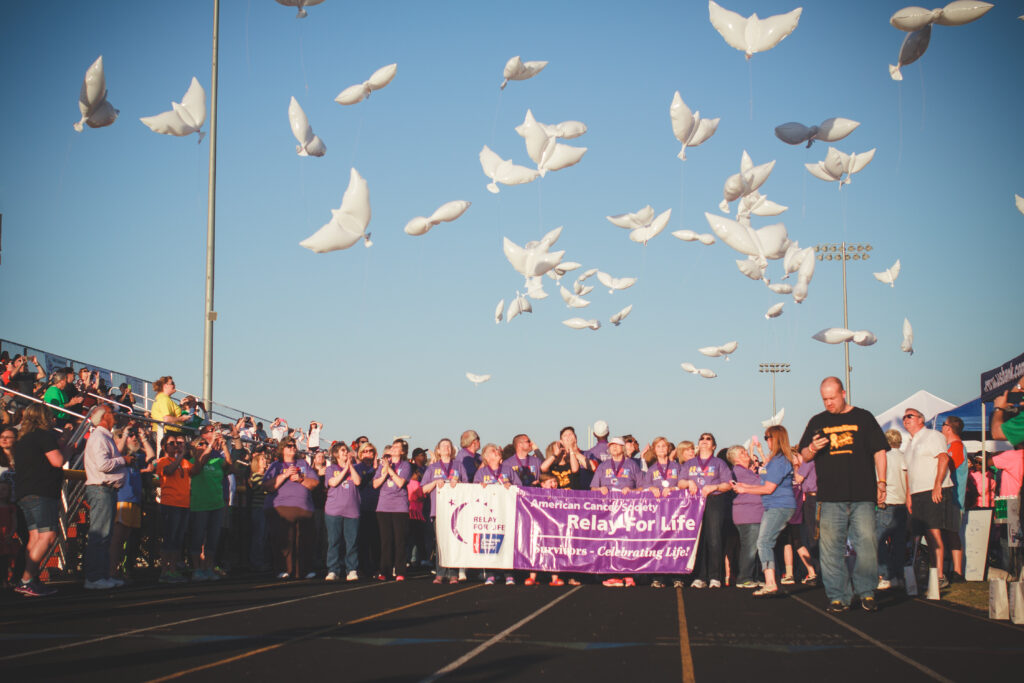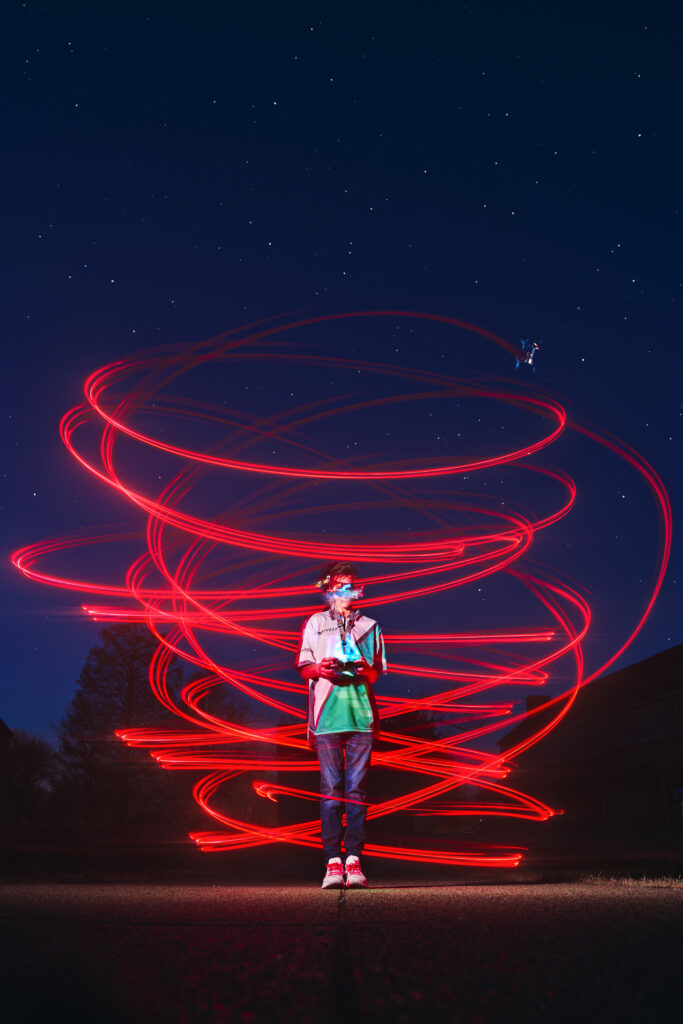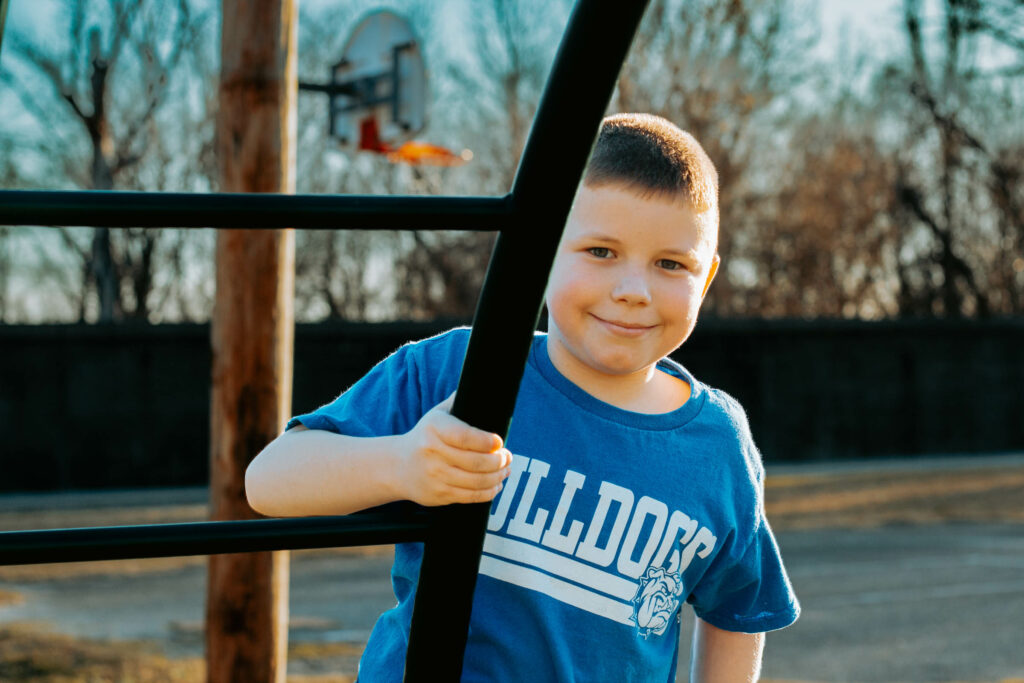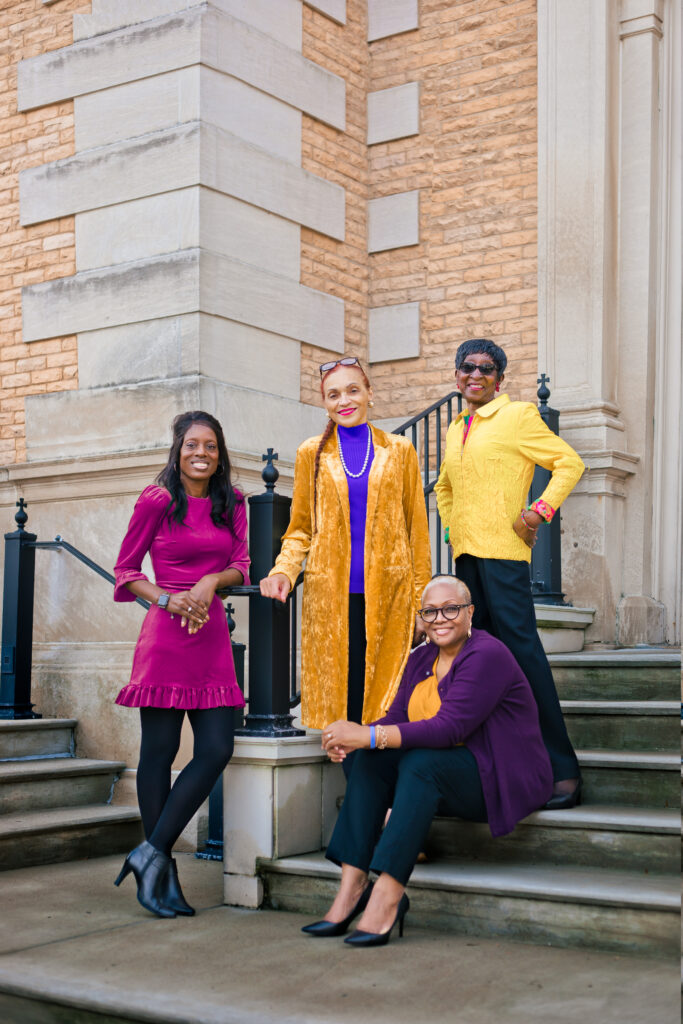Kari Averill was full of self-pity.
Even after her official diagnosis in 2002 where doctors finally confirmed that she would now live the rest of her life with a rare condition known as heredity spastic paraplegia (HSP). Even after she’d lived more than a decade with the diagnosis and even after she’d started working with a physical therapist to strengthen her failing muscles.
Even after she’d taken a role as an ambassador for the Spastic Paraplegia Foundation and began raising money to help find a cure for her and the 20,000 Americans who have HSP.
“I was still in the poor, pitiful me stage, that’s how I felt,” she says.
And she carried herself, her self-loathing, and her doubt all with the everyday aid of a cane.
“I had gotten to the point where I used a walker sometimes, which led to almost all the time,” she recalls. “That lasted for a year or two. I used to smoke and even to go into a gas station to get cigarettes, I’d get my walker out of my car just to go into there.”
It finally hit Kari one day like a brick.
“I got to the point where I wondered, ‘What are you going to do to beat this? Are you going to let it beat you, or are you going to fight back?’” she says.
And when Kari does something, she doesn’t do it halfway. She was in for the literal fight of her life and she was ready. Finally ready.
“That’s when I decided that if I was going to beat this, I was going to have to do something different,” she says.
She shared on Facebook asking for recommendations for a strength coach and was connected, through a friend, to trainer Angie McCord at CrossFit Murray.
“The first day I went she met me with two pages of notes about my disease and what exercises we could do,” she says. “We were both crying. I thought this was a God-send.”
In January 2019, Kari started training with Angie and by August she was participating in CrossFit classes, juggling kettle balls, squats, and lunges with the others.
Recall that Kari doesn’t do things halfway? Now, her workout schedule starts first thing, every single morning.
“When I get up in the morning, I train,” she says. That morning workout lasts an hour or two. “It’s the first thing I do every day.”
She’s at the gym for an afternoon class at least four days a week and does personal training as well on Wednesdays.
“I’m not playing,” she says.
In true Kari fashion, going all in, she even quit smoking because she knew its effects were negatively impacting her health.
The payoff for all that work and her new overall attitude…well, it’s immense.
“I could tell you for an hour the stuff that I can do now that I couldn’t do then,” she says. “There is so much, like back squats and front squats, you have to walk forward and backward with this barbell on your back and there’s no cane, nothing to hold onto.”
“It’s hard but I can do it.”
“I’m fighting a disease that’s progressive, so regardless of what I do, it is progressing,” she says. “If I weren’t doing what I am doing, I’d bet money that I’d be in a wheelchair.”
“And now, no more walker and I’m working on no more cane.”
And she’s got other new goals—ones that she’s pretty close to achieving.
“I want to coach Crossfit and help other people with limitations,” she says. “I want to help someone else the way that CrossFit Murray has helped me.”
She wants to earn a spot competing in the annual CrossFit Games, which brings out the strongest in the world.
“I have a dream, and I dream big,” she says.
For Kari, these dreams aren’t just for herself.
“I have a son who is 22 and he has a 50/50 chance of having this,” she says. “I pray every day that he doesn’t and I am the last one, but if he does, or his kids do, or my sister, or her kids do, I want them to know that I didn’t give up,” she says.
And so, Kari continues to fight—for her life and for the lives of those she loves.
She’s still the Kentucky ambassador for the Spastic Paraplegia Foundation and she’s helped to raise more than $140,000 to find a cure. And, she’s hoping to be certified soon to be a CrossFit trainer so that she can provide the same level of support for others that she’s felt in the CrossFit Murray community.
“The drive, the results, the people, the encouragement that I get from them is unmatched,” she says. “Those are my people. They have had my back from the beginning.”
There are a great many differences in Kari now compared to when she was diagnosed or even when we last heard from her back in 2015. Some are noticeable, but she says others are not.
“When you look at me, when you watch me get from point A to point B, I probably look like this weak and fragile woman, and if that’s what you think, if that’s what you see…you’re wrong,” she says.
“Honestly, I’m stronger now than I have ever been, both physically and mentally.”
“If this thing takes me down…it’s going to take me down fighting.”






